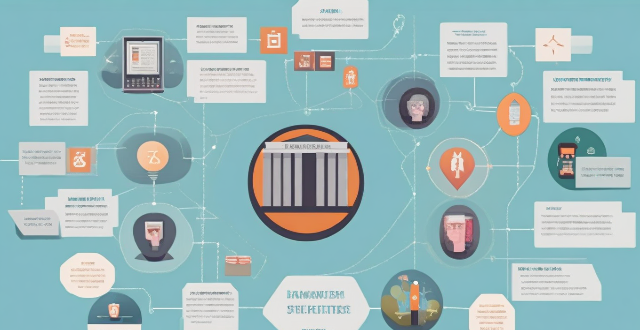Carbon credit systems face challenges including lack of standardization, quality control issues, limited scope, market dynamics, inequity and accessibility, and ethical considerations. These factors affect the effectiveness and credibility of carbon offsetting efforts. Addressing these challenges is essential for improving the system's performance and trustworthiness.

Challenges Faced by Carbon Credit Systems
Carbon credit systems, also known as carbon offsetting or trading, are designed to reduce greenhouse gas emissions by creating a market for carbon dioxide and other greenhouse gases. However, these systems face several challenges that can affect their effectiveness and credibility.
Lack of Standardization
One of the main challenges is the lack of standardization in carbon credit systems. Different organizations have different methodologies for calculating and verifying carbon emissions, which makes it difficult to compare and evaluate the effectiveness of various projects. This lack of consistency can lead to confusion among consumers and investors, making it harder for them to make informed decisions about which projects to support.
Quality Control Issues
Another challenge is ensuring the quality of carbon credit projects. Some projects may be poorly designed or implemented, resulting in little or no actual reduction in greenhouse gas emissions. Additionally, there is a risk of fraud or corruption within the system, where some organizations may falsely claim to have reduced emissions or sell non-existent carbon credits.
Limited Scope
Carbon credit systems often focus on specific sectors or activities, such as renewable energy or forestry projects. While these efforts can be beneficial, they do not address all sources of greenhouse gas emissions. For example, transportation and industrial processes are significant contributors to global warming but are often overlooked in carbon credit initiatives.
Market Dynamics
The demand for carbon credits can fluctuate based on factors such as economic conditions, political priorities, and public opinion. This variability can make it difficult for organizations to plan and invest in long-term projects that require consistent funding and support. Additionally, the price of carbon credits can be influenced by speculative trading rather than real reductions in greenhouse gas emissions.
Inequity and Accessibility
Carbon credit systems can sometimes exacerbate existing socioeconomic inequalities. Wealthy individuals or companies may be able to afford carbon offsets more easily than those with limited resources. Furthermore, access to carbon credit markets may be restricted to certain regions or countries, leaving others without opportunities to participate in this form of environmental stewardship.
Ethical Considerations
Some critics argue that relying on carbon credits allows companies and individuals to continue emitting greenhouse gases at high levels while paying others to mitigate their impact. This approach raises ethical questions about whether it is appropriate to outsource responsibility for reducing emissions rather than taking direct action to reduce one's own environmental footprint.
In conclusion, while carbon credit systems offer a potential solution to address climate change, they face numerous challenges related to standardization, quality control, scope limitations, market dynamics, equity concerns, and ethical considerations. Addressing these issues will be crucial for improving the effectiveness and credibility of carbon credit initiatives moving forward.